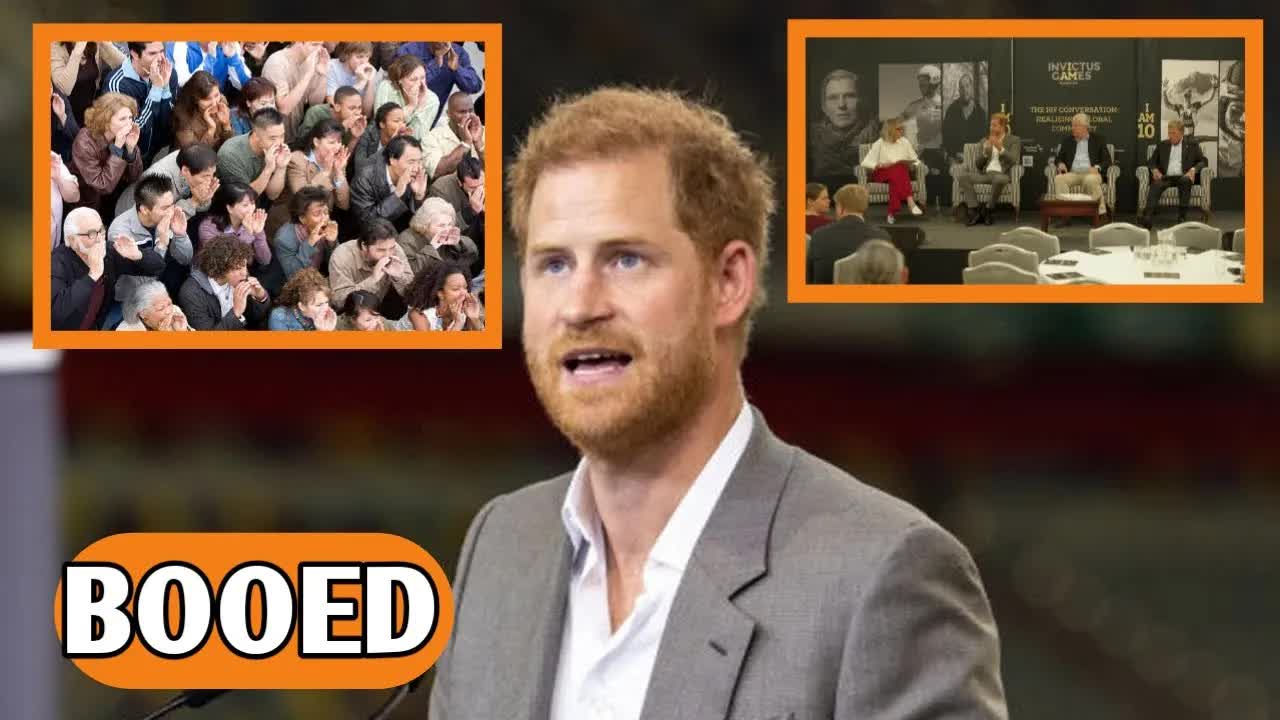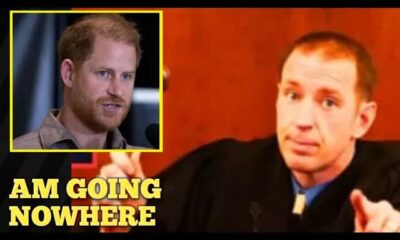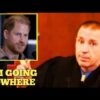The News
Prince Harry Faces Mixed Reactions at Invictus Games
Prince Harry's recent appearance at the Invictus Games has sparked quite a stir, leaving many wondering about the implications of his reception.
While he was there to engage with the foundation and honor veterans, some audience members greeted him with boos and shouts of “leave” during his speech.
This unexpected backlash has taken social media by storm, leading to a flurry of speculation regarding its origins.
Videos circulating online captured the moment, showcasing the divided sentiments in the crowd.
Although many attendees welcomed Harry with open arms, the disapproval from others was hard to ignore.
The incident marks a notable public display of dissent toward a member of the royal family, prompting discussions about the reasons behind it.
One theory making the rounds points fingers at Meghan Markle, Harry's wife.
Critics of the Duchess have long expressed their disdain online, and some suggest she might be influencing public sentiment against Harry.
Interestingly, Meghan was not present at the event, which has fueled speculation that she could be pulling strings from the sidelines.
Supporters of this theory reference a past incident where Meghan allegedly coached a fan to cheer for Harry during a polo match.
This has led to the emergence of a term popularized by tabloids: the “Markle Effect.” According to this notion, Meghan's association with Harry has somehow tarnished his public image, resulting in the negative reception he faced.
Social media played a significant role in amplifying the boos and chants.
Accounts known for their criticism of Meghan quickly shared the footage, leading some to believe that the negativity was part of a coordinated effort by her detractors.
However, it's essential to note that these claims lack solid evidence and may overlook other valid reasons for the audience's reaction.
There are alternative explanations worth considering.
Harry and Meghan's decision to step back from royal duties has been met with mixed feelings.
For some royal supporters, this choice may feel like a betrayal, manifesting as boos during public appearances.
Additionally, the British public's relationship with the monarchy has been scrutinized in recent years, which could also play a role in the negative response.
It's also possible that the boos were simply a misunderstanding or even a case of trolling by a small group in the audience.
Social media often magnifies negativity, and a few loud voices can create an exaggerated impression of public sentiment.
Ultimately, the true reason behind the boos remains elusive.
Focusing solely on unverified theories about Meghan Markle diverts attention from the seriousness of the situation.
Public disapproval of Prince Harry is a significant issue that warrants a thoughtful discussion.
The incident at the Invictus Games highlights a growing disconnect between Harry and certain segments of the public.
Understanding whether this disconnect stems from Harry's personal choices, shifting public attitudes towards the monarchy, or a combination of factors requires careful consideration.
Jumping to conclusions and assigning blame without evidence only deepens the divide and complicates the conversation.
It's crucial to have a respectful dialogue about the reasons behind the boos while exploring potential paths for Harry to rebuild public trust.
The Invictus Games, a platform celebrating the resilience of veterans, should remain the focus.
However, the mixed reception Harry faced raises important questions about the future of the monarchy and its relationship with the public.




































































